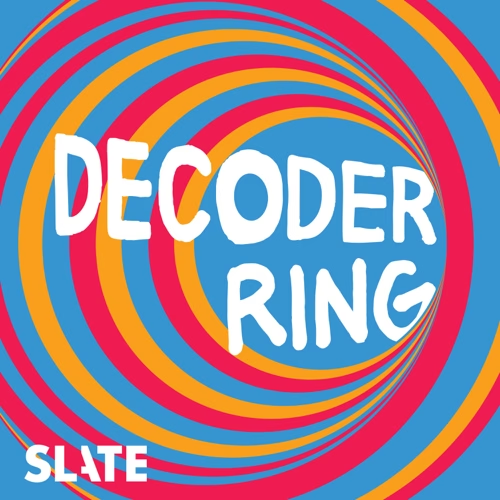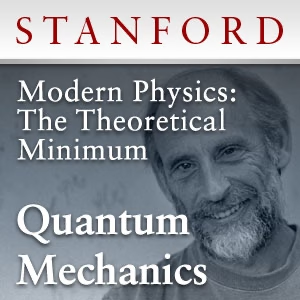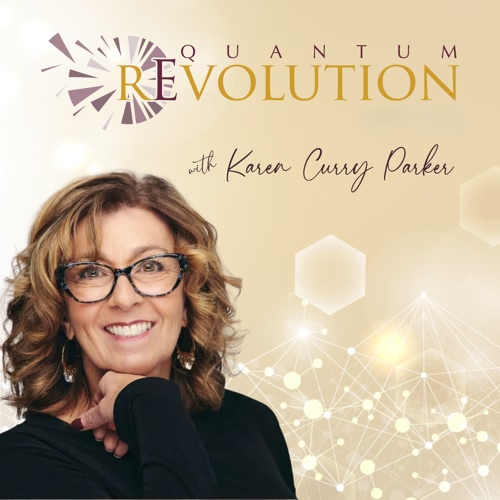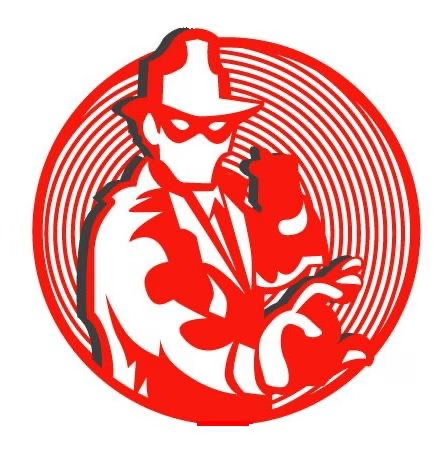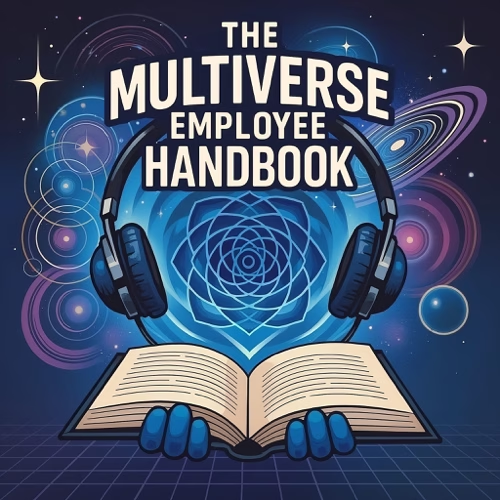
DECODE QUANTUM is a show hosted by Fanny Bouton, Olivier Ezratty. We are hearing from key players in quantum technology in order to better understand the issues and impacts on society.
DECODE QUANTUM est une émission animée par Fanny Bouton, Olivier Ezratty. Nous recevons les acteurs clés du quantique afin de mieux en comprendre les enjeux et impacts sur la société.
Avsnitt
Podden DECODE QUANTUM är skapad av Fanny Bouton & Olivier Ezratty with Decode Media. Poddens innehåll och bilderna på den här webbplatsen hämtas med hjälp av poddens RSS-flöde.
00:00
-00:00

